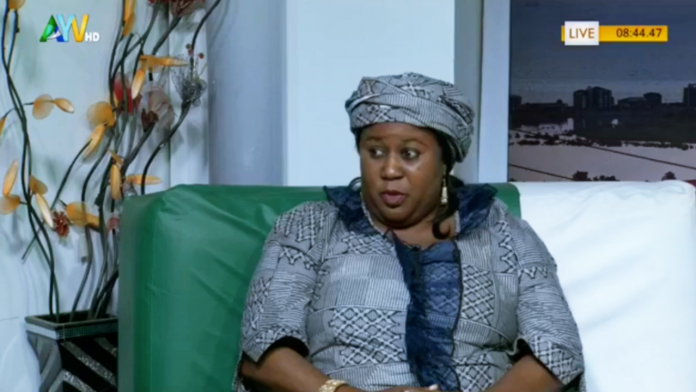By Amin Kef Sesay
With the contribution of fisheries to the country’s national Gross Domestic Product (GDP) put at around 10 %, undoubtedly, good governance of fisheries in Sierra Leone can contribute significantly towards the Sustainable Development Goals of reducing extreme poverty and ensuring environmental sustainability.
Under the dynamic leadership of the country’s Minister of Fisheries and Marine Resources, Emma Kowa-Jalloh, robust measures are being taken by this Government to ensure regulations are put in place that bring more benefits from the sea to the country and its people.
Sierra Leone is a party to a number of important international fisheries management agreements and the current implementation of fisheries laws and policy is promising, but presents a number of challenges.
Under this and the previous Government, it is good that fisheries management and conservation has embraced an Ecosystem Approach to Fisheries (EAF) including establishment of Marine Protected Areas (MPAs) and the enforcement of regulations.
However, the by-catch regulation and fish trade regulation for catch origin have faced stiff resistance from fishing companies.
One key improvement is that Sierra Leone has moved to stop the operation of Flag of Convenience (FOC) for fishing vessels because most of these vessels have been involved in IUU fishing.
Additionally, territorial use rights in fisheries (TURFs), the access to EU markets, fisheries partnership agreements (FPA) and the setting up of a fisheries authority are major objectives for the future.
Progressive reforms to better manage the sector continue. Towards this, the Minister quite recently placed before Parliament two regulatory measures for ratification.
These two measures would guarantee a fair ride for fish caught in Sierra Leone into the EU market, which because of its better regulations would benefit the country financially.
During the course of the industrial-fishing-free month last year, Parliament ratified two UN agreements which seek to increase fish exports to the EU market, which is better regulated, and to prevent IUU fishing in Sierra Leone waters.
The first is an agreement to promote compliance with UN international conservation and management measures.
It will ensure that fishing vessels flying Sierra Leone’s flag on the high seas face sanctions if they break the law.
It will also see Sierra Leone exchange information with the UN’s Food and Agriculture Organization, including vessel type, name, registration number, port of registry and owner name and address.
The second relates to the conservation and management of the highly migratory fish populations Sierra Leone shares with neighboring countries.
Several other measures will improve receipts from what is a lucrative source of revenue for the country and its people.
Government could endorse 2017 recommendations to nationalize the ownership of fishing vessels and require all catches to be landed on home shores.
They could also consider implementing World Bank recommendations to limit fishing to within replacement levels, and to issue and publish fishing licenses each year to increase transparency.
Government can also control the number and size of the vessels they license and impose a no-go area offshore where fish can breed.
Government more importantly should work towards curbing the activities of corrupt officials in the Ministry that are undermining the effective implementation of control measures.




